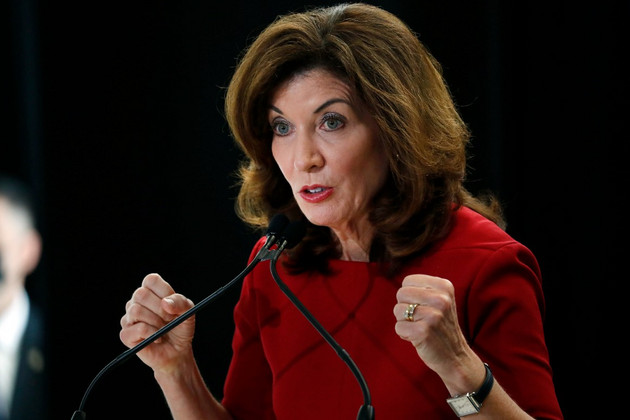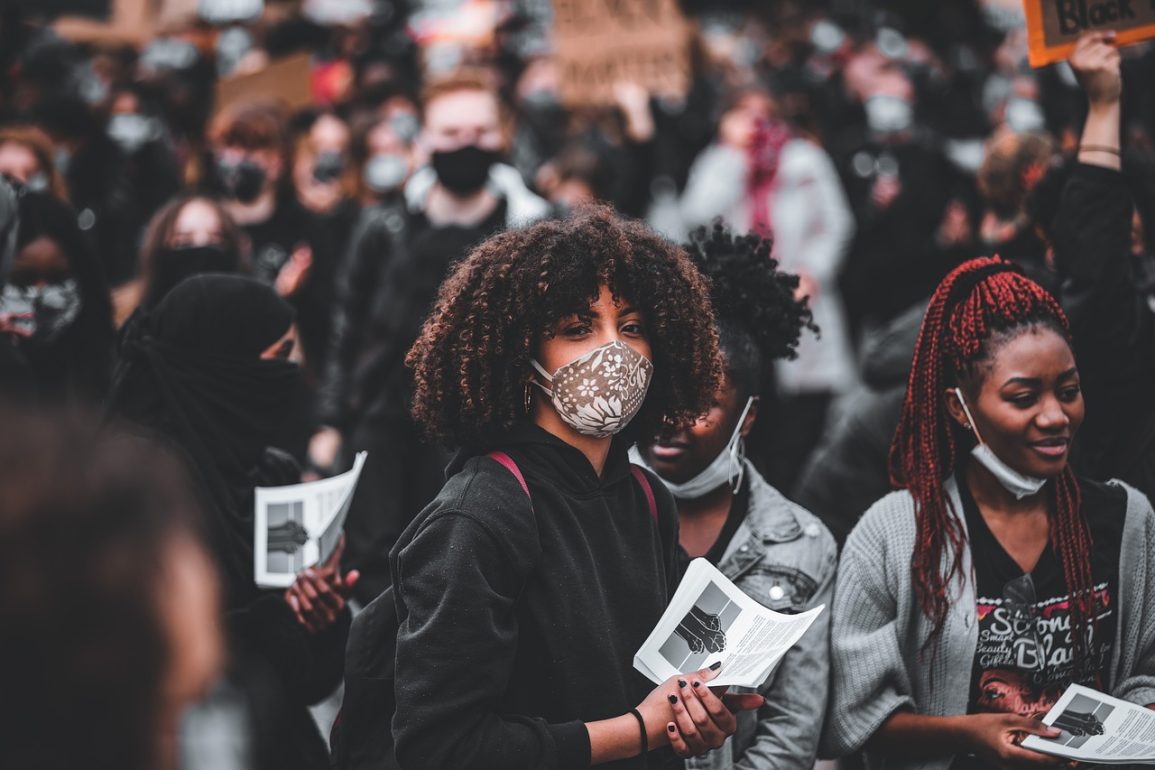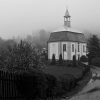Smoke from Canadian wildfires is again impacting air quality in New York State, marking the second instance this month. Governor Kathy Hochul announced the issuance of air quality health advisories, citing the rapid decline in air quality due to the smoke.
Hochul emphasized that this phenomenon illustrates the immediate effects of climate change, stating, “We are the first generation to experience these real impacts of climate change.”
City officials will notify residents of the hazardous conditions through public transit alerts and cell phone notifications. Residents are advised to check AirNow.gov for real-time air quality updates specific to their zip code. The U.S. Environmental Protection Agency and the U.S. Forest Service provide this data.

The advisory covers Western New York, Central New York, and the Eastern Lake Ontario region, with the smoke expected to move eastward by Thursday.
Air quality is predicted to worsen, potentially reaching levels classified as “Unhealthy” or even “Very Unhealthy” and “Hazardous” at times. High-risk groups include children, seniors, pregnant women, and those with heart or respiratory conditions.
New York State Health Commissioner James McDonald recommended limiting strenuous outdoor activities to mitigate health risks. Those sensitive to pollutants should avoid outdoor activities and consider wearing N95 masks if they must go outside. People experiencing worsening symptoms should consult a physician.
Masks will be available at major transportation hubs and several state parks. With many children at summer camps, Hochul stressed the importance of informing camp counselors and protecting outdoor workers.
The wildfire smoke has already affected midwestern cities like Chicago and Detroit. Hochul noted that what was once unprecedented is becoming more common. Studies indicate that climate change is exacerbating wildfire intensity, with research showing a significant increase in burned areas due to human-induced climate change.

